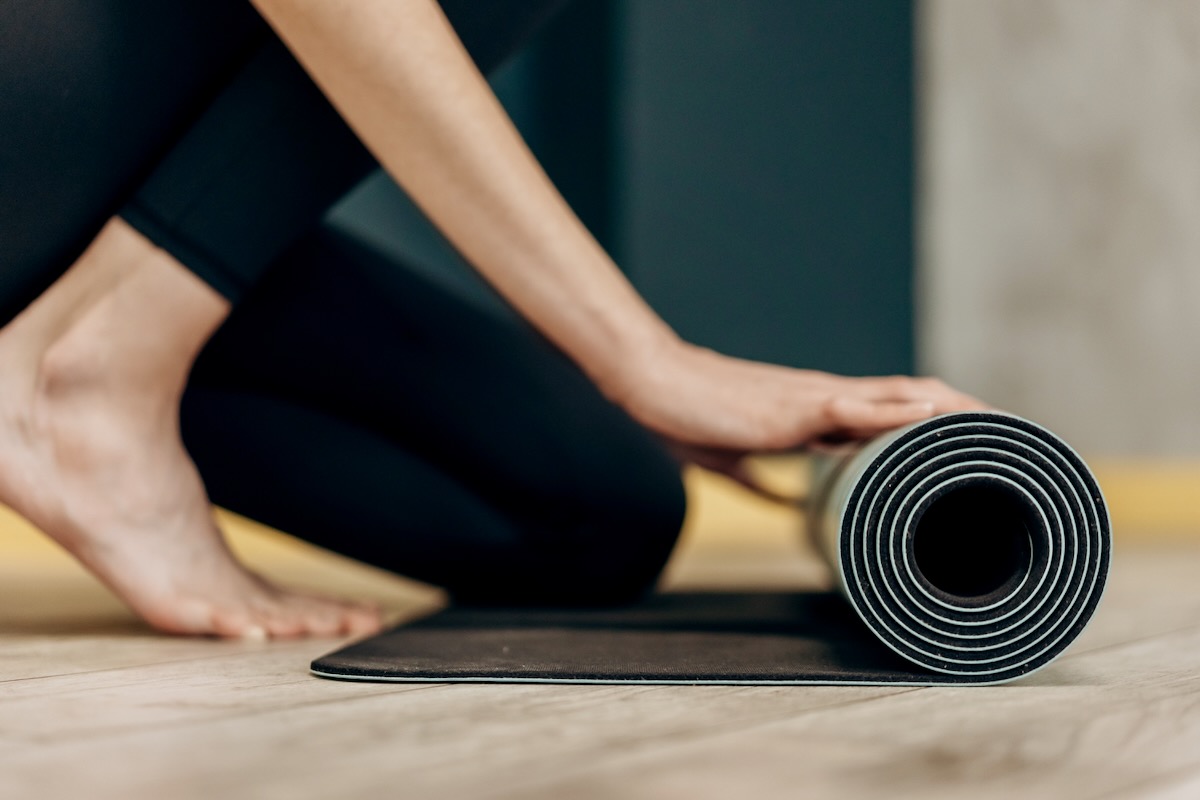In the world of high-performance sports, where every second, every gram, and every millimeter can determine victory or defeat, a crucial factor is often overlooked: regeneration. While athletes invest countless hours in training, technique, and tactics, the importance of recovery often remains in the shadows. Yet, it is precisely during these rest periods that the body unleashes its true strength. It is the time when muscles repair themselves, energy reserves are replenished, and the nervous system calms down. Without adequate regeneration, intense training quickly turns into a risky endeavor, not only diminishing performance but also drastically increasing the risk of injury. Modern sports science has recognized that regeneration is not a luxury but a necessity, an integral part of every training plan. Studies show that athletes who maintain a balanced approach between exertion and recovery not only enhance their performance but also remain healthier and more resilient in the long term. The body is a masterpiece of adaptation, but it needs time to adjust to the high demands of sports.
Sleep, the Fuel of Champions
Sleep is the premier discipline of regeneration. While we sleep, the body undergoes complex repair processes essential for restoring muscle tissue and replenishing glycogen stores. Studies have shown that athletes who get enough and better sleep exhibit improved cognitive function, faster reaction times, and reduced susceptibility to injuries. A lack of sleep, on the other hand, leads to an increased release of stress hormones, which promote muscle breakdown and hinder regeneration.
The quality of sleep is just as important as the quantity. Deep, undisturbed sleep allows the body to regenerate optimally. Modern technologies like sleep trackers and apps can help monitor and improve sleep. The science of sleep has made tremendous strides in recent years, and athletes who leverage these insights have a clear advantage over their competitors. The importance of sleep for regeneration cannot be overstated; it is the cornerstone of every successful athletic performance.
Nutrition, the Foundation of Regeneration
Nutrition plays a crucial role in regeneration. After intense training sessions or competitions, the body needs the right nutrients to repair damaged tissue and replenish energy reserves. Proteins are the building blocks of muscles and are therefore essential for muscle regeneration. Carbohydrates provide the energy needed to restore glycogen stores. Vitamins and minerals support the various metabolic processes involved in regeneration. However, proper nutrition is not only important after training but also in everyday life.
A balanced diet rich in fruits, vegetables, whole grains, and healthy fats forms the basis for optimal regeneration. Modern sports science has recognized that nutrition is an individualized concept tailored to the specific needs of each athlete. Performance diagnostics and nutritional counseling can help determine individual needs and create a customized nutrition plan. The right nutrition is not a luxury but an investment in the long-term performance and health of the athlete.
Active Recovery, the Art of Gentle Movement
Active recovery is an often underestimated aspect of regeneration. Gentle movements like light jogging, swimming, or yoga can promote blood circulation and accelerate the removal of metabolic byproducts generated during intense training sessions. Active recovery also helps to loosen muscles and relieve tension that can lead to injuries. Unlike passive recovery, where the body comes to a complete rest, active recovery keeps the circulation going and promotes regeneration at the cellular level. Modern technologies like compression clothing and massage devices can support and accelerate active recovery.
The science of active recovery has shown in recent years that it is an essential component of a comprehensive regeneration plan. Athletes who integrate active recovery into their training plan report faster recovery, less muscle soreness, and a reduced susceptibility to injuries. The art of gentle movement is a key to long-term performance and health.
Mental Regeneration, the Strength of the Mind
Mental regeneration is an often overlooked but crucial aspect of recovery. The pressure of competition, high expectations, and constant tension can lead to mental exhaustion, which negatively impacts physical performance. Techniques like meditation, breathing exercises, and visualization can help calm the mind and reduce stress. Mental regeneration is not only important for enhancing performance but also for maintaining mental health.
Studies have shown that athletes who regularly practice mental regeneration have better concentration, more self-confidence, and higher resilience to stress. Modern sports psychologists work closely with athletes to develop individual strategies for mental regeneration. The strength of the mind is a decisive factor for success in sports, and mental regeneration is the key to maintaining and building this strength. Mental recovery is just as significant as physical recovery and should be included in every training plan.













